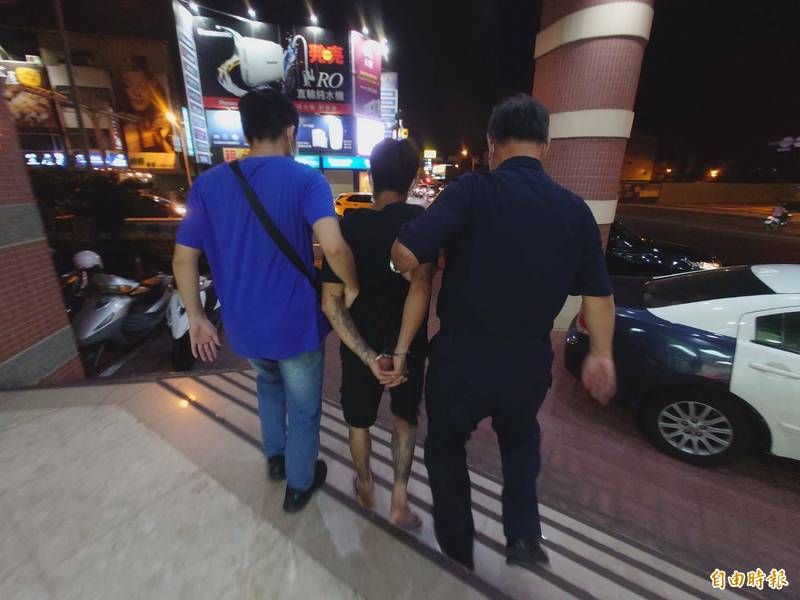Ministers of the Colorado Party (PC) and the Open Council (CA) did not sign a draft decree of the Executive Power sent by the Presidency of the Republic, linked to tasks of the Secretariat of Human Rights, because it covered human rights violations that occurred after June 13, 1968 1 and not after June 27, 1973, the date of the coup. The period between June 13, 1968 and June 26, 1973 was correctly set by Law 18.596 of September 18, 2009, called “Reparation to the victims of the illegitimate action of the State in the period between the June 13, 1968 and February 28, 1985 ”.
It is appropriate to clarify that on June 13, 1968, President Jorge Pacheco Areco began to implement the Prompt Security Measures, which although they were legitimate according to article 168 numeral 17 of the Constitution, did not authorize the police and military to violate human rights through unlawful deprivation of liberty, torture, homicides and forced disappearances of persons.
Article 2 of Law 18.596 states: “The responsibility of the Uruguayan State in carrying out systematic practices of torture, forced disappearance and prison without intervention of the Judicial Power, homicides, annihilation of p people in their psychophysical integrity, political exile or exile from social life, in the period from June 13, 1968 to June 26, 1973, marked by the systematic application of the Prompt Security Measures and inspired by the framework ideology of the National Security Doctrine ”; and Article 5 of the same law says: “All those persons who have suffered a violation of their right to life, to their psychophysical integrity or to their freedom without intervention of the Judicial Power within or outside the national territory, from June 13, 1968 to June 26, 1973, for political, ideological or union reasons. Said violations must have been committed by agents of the State or by those who, without being so, would have had the authorization, support or acquiescence of State agents ”. Said law was approved in September 2009 with votes from the Broad Front and the Independent Party.
We are going to mention some facts that constitute human rights violations that have occurred. between June 13, 1968 and June 26, 1973, during the democratic governments of Jorge Pacheco Areco and Juan María Bordaberry.
In the foreground We can point out the murder of Líber Arce (29 years old), wounded by the police forces on August 12, 1968, in a mobilization to defend university autonomy, so that the Prompt Security Measures would be lifted and for more budget for the University de la República, who died two days later at the Hospital de Clínicas. Hugo de los Santos (19 years old) and Susana Pintos (26 years old) were injured by the police forces in a mobilization organized by the Federation of University Students of Uruguay on September 20, 1968: the first died a few hours later and the second He died on September 21, 1968.
The first case of forced disappearance in Uruguay occurred two years before the coup on June 27, 1973. On July 18, 1971, the member of the National Liberation Movement-Tupamaros (MLN-T), Abel Adán Ayala Álvez, disappeared after being arrested the day before. two
An event that was a flagrant violation of human rights was the assassinations of the eight Communist Party militants, in the 20th section of that party, on April 17, 1972, at the hands of police and military groups. 3
Another example was the arrest of the MLN-T militant Roberto Gomensoro on March 12, 1973, who was transferred to the Engineers Battalion 3 in Paso de los Toros, suffered torture and died as a result. José Nino Gavazzo declared in the special court of honor that he threw the body of the detainee into the Negro River, a fact for which Senator Guido Manini Ríos, who knew the facts and did not report them, avoided being questioned before the criminal justice by appealing to the privileges .
In addition to these examples, in the period from June 13, 1968 to June 26, 1973, there were physical restraints against persons who they were detained for political reasons.
Why didn’t the PC and CA ministers sign the draft decree? The CP does not want to assume that in two democratic governments of its party – the governments of Pacheco Areco and Bodaberry – there were crimes against humanity. The Statute of the International Military Tribunal of Nuremberg defines crimes against humanity in article 6, literal C, stating: “Crimes against humanity: namely, murder, extermination, enslavement, deportation and other inhumane acts committed against the civilian population before the war or during it; the persecution for political, racial or religious reasons in the execution of those crimes that fall within the jurisdiction of the Court or in relation to them, whether or not they constitute a violation of the domestic legislation of the country where they were perpetrated ”, definition applicable to the facts described.
Regarding CA, said party wants to prevent the competence of the Secretariat for Human Rights from being extended over time over crimes committed by agents of the State or of who, without being so, would have had the authorization, support or acquiescence of State agents prior to the coup.
In short, by different mechanisms , impunity continues for crimes against humanity.
Pablo Rodríguez Almada is a doctor in Law and Social Sciences graduated from the University of the Republic. He has a postgraduate specialization in Constitutional Law and Human Rights and is a university professor.
Note: This article has been indexed to our site. We do not claim legitimacy, ownership or copyright of any of the content above. To see the article at original source Click Here













